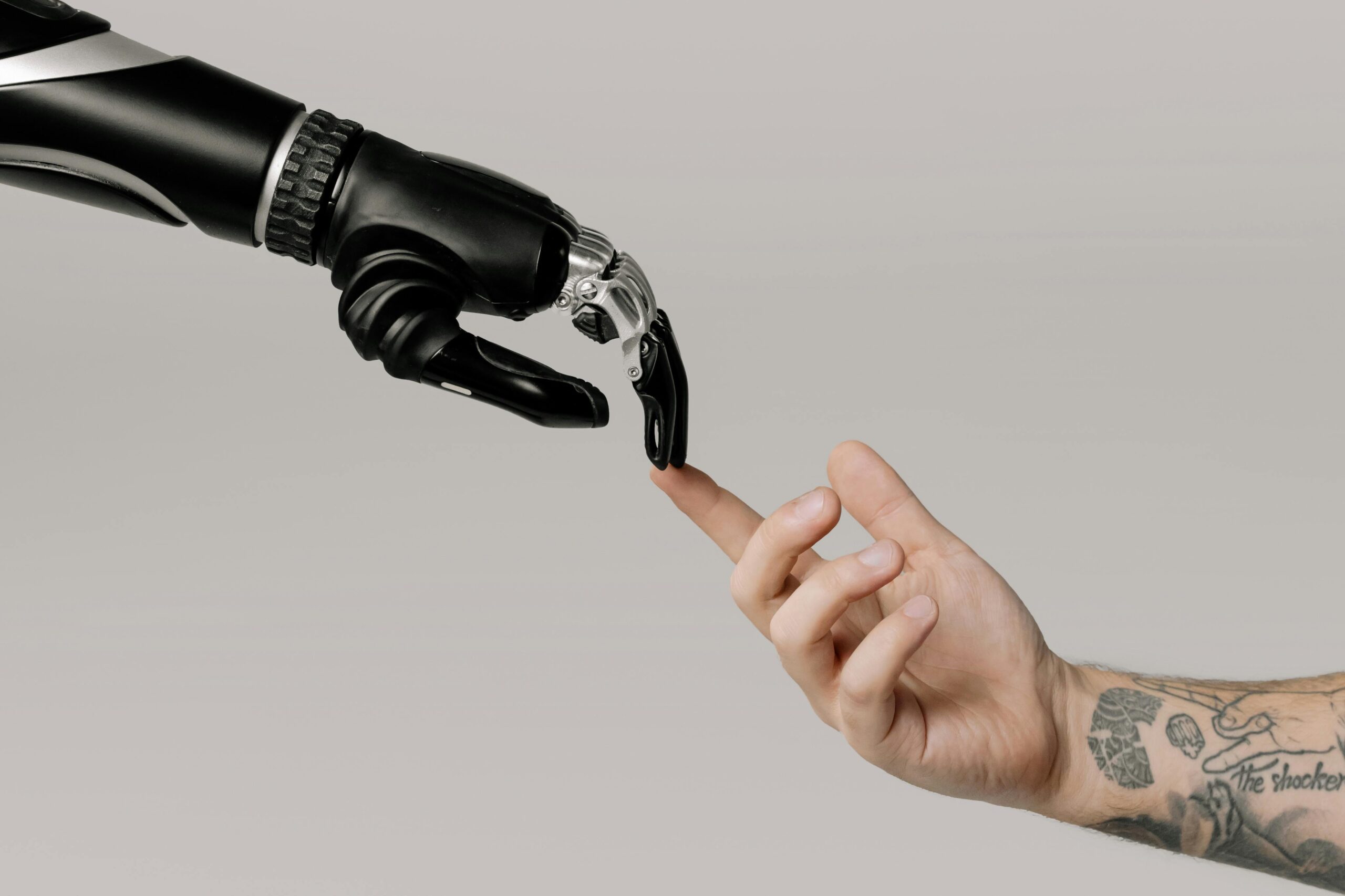As artificial intelligence (AI) continues to reshape industries, project portfolio management (PPM) is no exception. AI-driven PPM is enhancing decision-making, improving risk management, and optimizing resource allocation. Organizations leveraging AI-powered analytics and automation are seeing measurable improvements in efficiency and strategic alignment.
A recent study by PMI found that 92% of executives believe AI will impact project management within the next five years (PMI, 2023). AI is already transforming PPM in three key areas: predictive analytics, intelligent automation, and dynamic resource optimization.
Predictive Analytics for Smarter Decision-Making
AI-driven predictive analytics enables portfolio managers to anticipate project risks, forecast outcomes, and optimize resource allocation with unprecedented accuracy. By analyzing historical data and real-time inputs, AI models identify trends that help decision-makers prioritize high-value projects.
For instance, Gartner predicts that by 2026, AI-enabled PPM tools will reduce project failures by 30% by providing real-time risk insights (Gartner, 2023). AI-based risk modeling can assess factors such as budget overruns, scope creep, and resource constraints, enabling proactive mitigation strategies.
Intelligent Automation Enhancing Efficiency
AI-driven automation is reducing administrative burdens, streamlining reporting, and improving governance. Tasks like portfolio performance tracking, status reporting, and compliance monitoring are increasingly being automated, freeing up project managers to focus on strategic initiatives.
A McKinsey report estimates that AI can automate up to 45% of traditional project management tasks (McKinsey, 2023). Tools powered by AI-driven PPM can generate dynamic dashboards, identify project bottlenecks, and recommend corrective actions in real-time, enhancing portfolio agility.
Dynamic Resource Optimization
AI is revolutionizing resource management by continuously analyzing workloads, skill sets, and capacity constraints. Advanced algorithms match project demands with available talent, ensuring optimal workforce utilization.
For example, AI-powered resource scheduling tools have helped companies reduce project delays by 25% through improved workload balancing (Forrester, 2023). These tools assess real-time employee availability and reassign tasks dynamically to maintain efficiency.
Conclusion
AI-driven PPM is no longer a futuristic concept—it is rapidly becoming a competitive advantage for organizations seeking to improve project success rates and optimize resources. With predictive analytics, intelligent automation, and dynamic resource management, AI is transforming how PPM leaders approach portfolio strategy. As AI adoption accelerates, companies that embrace these capabilities will gain a strategic edge in project execution and decision-making.
Reference
- “AI and the Future of Project Management” | PMI | 2023
- “Predicting the Future of PPM with AI” | Gartner | 2023
- “The Automation Revolution in Project Management” | McKinsey | 2023
- “AI-Driven Resource Optimization” | Forrester | 2023




